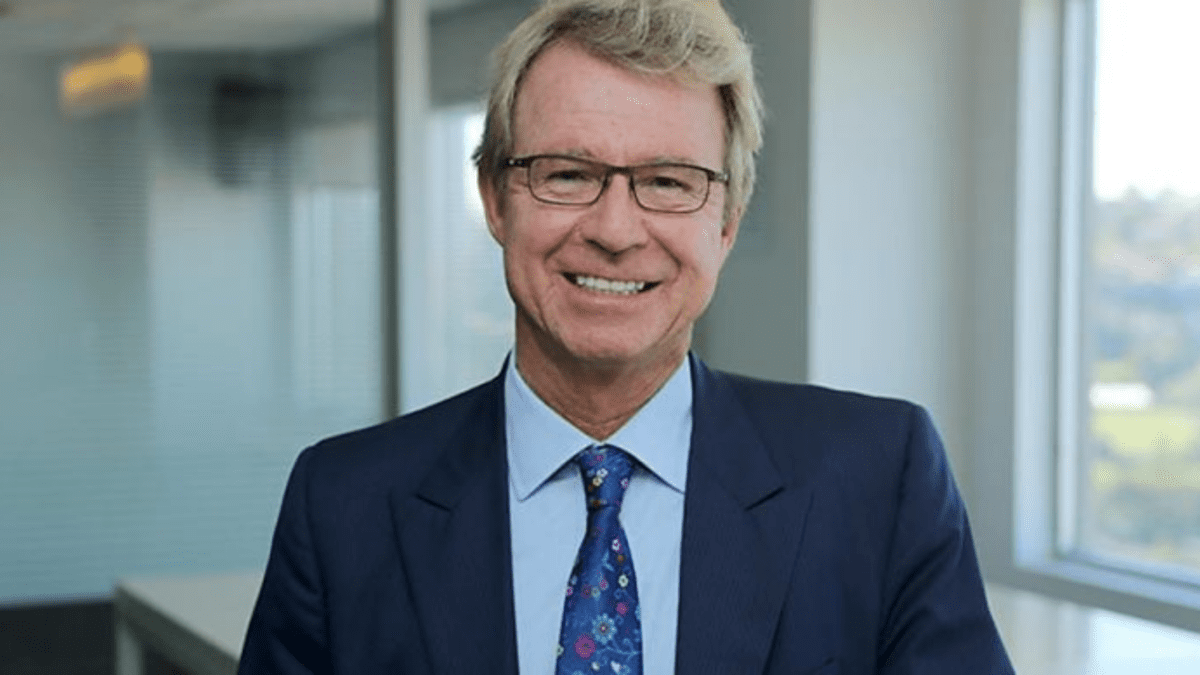Compounding, growth, no ‘silly mistakes’: Investing tips with Shane Oliver
Don’t get thrown off by the cycle. Invest for the long term. And above all, remember the power of compound interest. Mastering the market has never been easy, but keeping these and a few other golden rules in mind is key to navigating the uncertainty still governing investment dynamics, according to AMP’s Shane Oliver.
“There is an ever-present worry list surrounding investment markets – usually involving some combination of concerns about economic activity, inflation, profits, interest rates, politics, natural calamities, wars, etc.,” the chief economist says in a recent Oliver’s Insights post acknowledging the difficulty investors face staying focussed in the current environment and avoiding “silly mistakes”.
“It would be nice if the investment world was neat and predictable, but it’s well known for sucking investors in during good times and spitting them out during bad times,” he adds. “ If anything, it’s getting harder, reflecting a surge in the flow of information and opinion.”
The result is investor uncertainty and, all too often, erratic investment decisions.
At the top of Oliver’s list of keys to investing is making the most of the power of compound interest, allowing past returns to increase over long periods. This is “the most important thing an investor needs to do if they want to build wealth”, particularly in growth assets, the economist says.
Many investors have seen charts showing how much the value of one dollar invested in 1900 would increase across various investment strategies, illustrating the different return paths available through reinvestment and compound interest. Invested in cash, that dollar would be worth $253 today, whereas a $1 bond investment in 1900 would be worth $879 today.
If that dollar had been invested in shares, though, it would be worth a whopping $752,213 today (see chart).

“Although the average return on shares (11.6 per cent p.a.) is just double that on bonds (5.9 per cent), the magic of compounding higher returns leads to a substantially higher balance,” Oliver said, with the same true for other growth assets, such as property.
“So, the best way to build wealth is to take advantage of the power of compound interest and have a decent exposure to growth assets,” he added. “Of course, there is no free lunch, and the price for higher returns is higher volatility, but the impact of compounding returns from growth assets is huge over long periods.”
Another oft-cited key to investment success is to not get thrown off by cyclical swings, which “all eventually set up their own reversal”, according to Oliver.
“The trouble is that cycles can throw investors off a well-thought-out investment strategy that aims to take advantage of the power of compounding longer-term returns,” he says. And of course, cycles also present opportunities.
Investors are often told to think long-term, which can be difficult given the unpredictability of markets. Instead of trying to forecast the future, investors should stick to devising a long-term plan that suits their level of wealth, age and tolerance of volatility. Similarly, having a diversified portfolio helps investors ride out market waves more smoothly.
Once an investor has the appropriate strategy, according to Oliver, “it’s important to turn down the noise on the information flow and prognosticating babble and stay focussed”. He recommends putting worries in context, recognising that short-term market swings are normal and focussing on a few reliable news sources.
Also, “don’t check your investments so regularly – on a day-to-day basis, it’s a coin toss as to whether the sharemarket will rise or fall, but the longer you stretch it out between looking at your investments, the more likely you will get positive news”.
Other keys to investing are to buy low and sell high, beware of the crowd in extreme market booms and lows, focus on investments with sustainable cash flow, and seek advice.
“We are all susceptible to psychological traps like the tendency to overreact to current investment market conditions or to pay more attention to information and opinion that confirms our views,” Oliver says. “A good approach is to seek advice via an investment information or advisory service or a coach, such as a financial adviser, in much the same way you might use a specialist to look after your plumbing or medical needs.”









